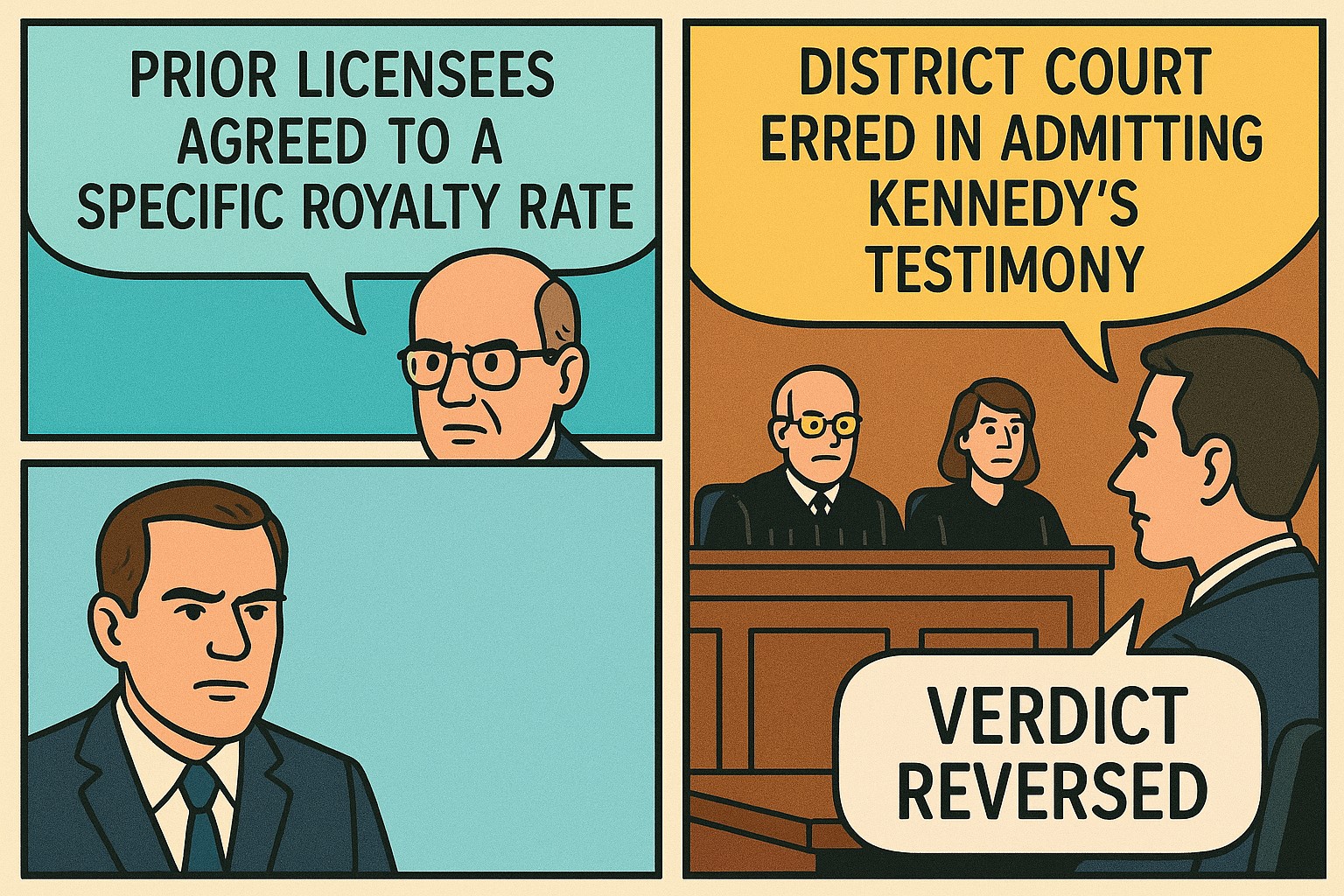Safety Expert’s Testimony on Obscure Construction Safety Standards Admitted
Posted on June 26, 2025 by Expert Witness Profiler
In this commercial property damage insurance case, Plaintiff Prairie Walk Condominium Association sought to recover millions of dollars in benefits to repair damage to approximately fifteen buildings at its condominium complex resulting from a July 16, 2018, hailstorm, as well as treble damages for alleged unreasonable delay/denial of insurance benefits.
Plaintiff disclosed as a retained expert Greg Z. Gerganoff of Rocky Mountain Safety Consulting, Inc., to provide opinions about construction safety standards for the restoration project.
Defendant filed a motion to strike certain opinions of Plaintiff’s expert Gerganoff. The Court previously denied the Defendant’s motion to strike as moot. However, the motion did not persuade the Court that any of Gerganoff’s opinions should be stricken under either Rule 702 or Rule 403.

Safety Expert Witness
Greg Zdravko Gerganoff is a board-certified safety professional and the owner of Rocky Mountain Safety Consulting, Inc. He provides safety consulting to various industry clients including mining, oil and gas, construction, manufacturing, residential property managers, and insurance companies.
Discussion by the Court
Defendant asserted that Gerganoff’s incorporation of Occupational Safety and Health Administration guidance into his opinions is a “stunning admission” that his “opinions are nothing more than the very type of ipse dixit that the U.S. Supreme Court mandates be rejected under Rule 702.” However, the Court held that Gerganoff’s opinions are supported by a reliable methodology, will be helpful to a jury determining the necessary cost of repairs, and do not present an appreciable risk of confusion. Basically, forming an opinion about safety standards based on guidance from a federal administration is far from ipse dixit—to the contrary, such an opinion has clear grounding beyond the expert’s mere “say-so.”
Defendant also quibbled with Gerganoff’s interpretation of certain OSHA regulations. However, the fact that the technical language of these guidelines may not encompass his specific suggestions did not render them inherently unreliable or unhelpful in this case, particularly since Gerganoff did not opine that his recommendations carry the force of law.
Defendant argued that Gerganoff’s opinions are irrelevant because the insurance policy only entitles Plaintiff to “the amount actually and necessarily needed to repair or replace covered property damage.” While there is potentially some merit to this argument, what exactly the insurance policy means by “necessary”—and whether that term connotes bare legal necessity as defined by OSHA or some higher level of necessity as defined by the prevailing industry standards—is ultimately a question on which the parties have the burden of convincing the jury.
Finally, Defendant argued that Gerganoff’s opinions should be excluded because they are overly prejudicial and misleading. Given that obscure construction safety standards are not within the realm of common knowledge, the Court held that any such potential risk did not substantially outweigh the potential helpfulness of Gerganoff’s opinions.
Held
The Court denied the Defendant’s motion to strike certain opinions of Plaintiff’s expert Greg Z. Gerganoff.
Key Takeaway:
Forming an opinion about safety standards based on guidance from a federal administration is far from ipse dixit—to the contrary, such an opinion has clear grounding beyond the expert’s mere “say-so.” This does not run afoul of the oft-quoted axiom that an expert’s opinion must be “based on actual knowledge, not subjective belief or unsupported speculation.”
Case Details:
| Case Caption: | Prairie Walk Condominium Association V. American Insurance Company |
| Docket Number: | 1:22cv870 |
| Court Name: | United States District Court, Colorado |
| Order Date: | June 13, 2025 |





